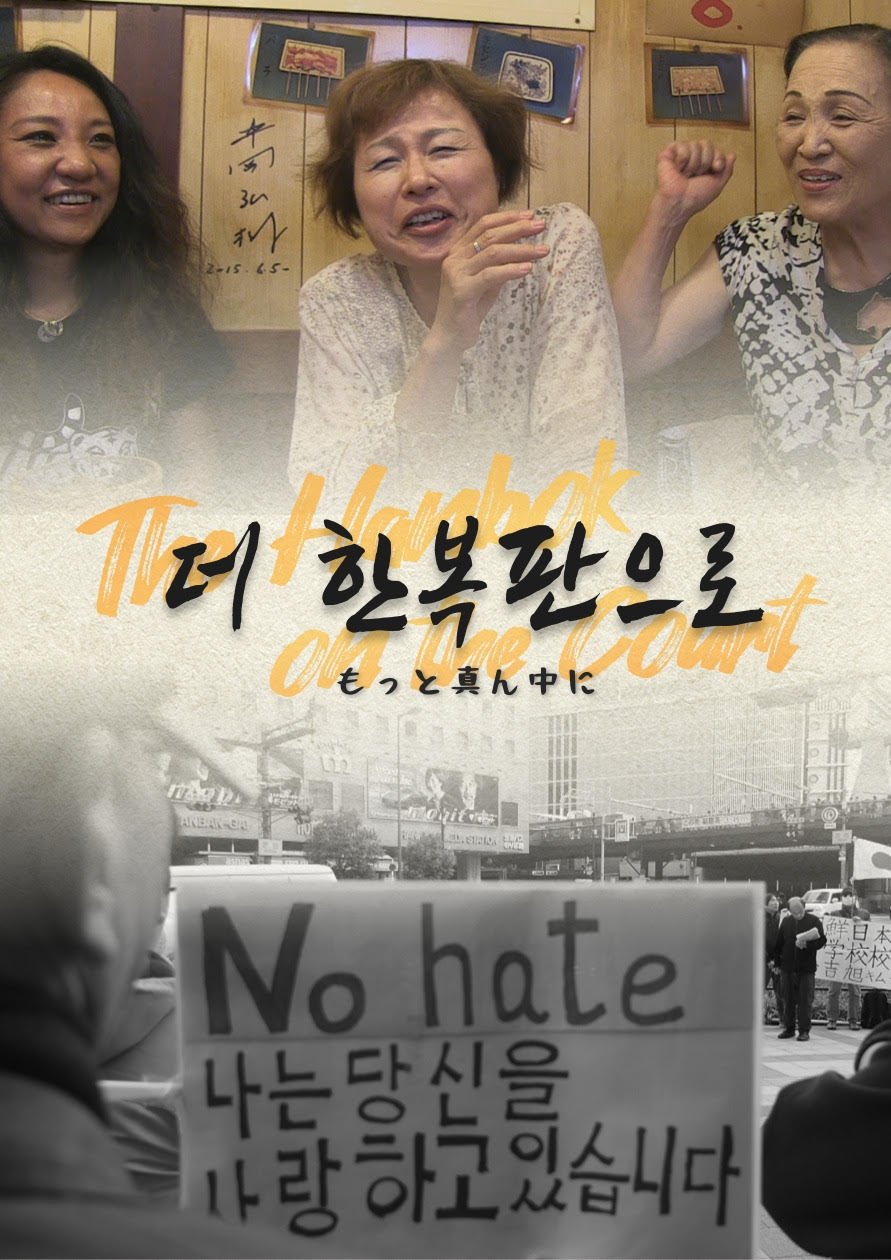Soup and Ideology (2022)
• June 11th, 2022 • 1h 58min
Documentary
Overview
Confronting half of her mother’s life—her mother who had survived the Jeju April 3 Incident—the director tries to scoop out disappearing memories. A tale of family, which carries on from Dear Pyongyang, carving out the cruelty of history, and questioning the precarious existence of the nation-state.
Make sure to check your pop-up blocker!!
Trailer
Similar Movies
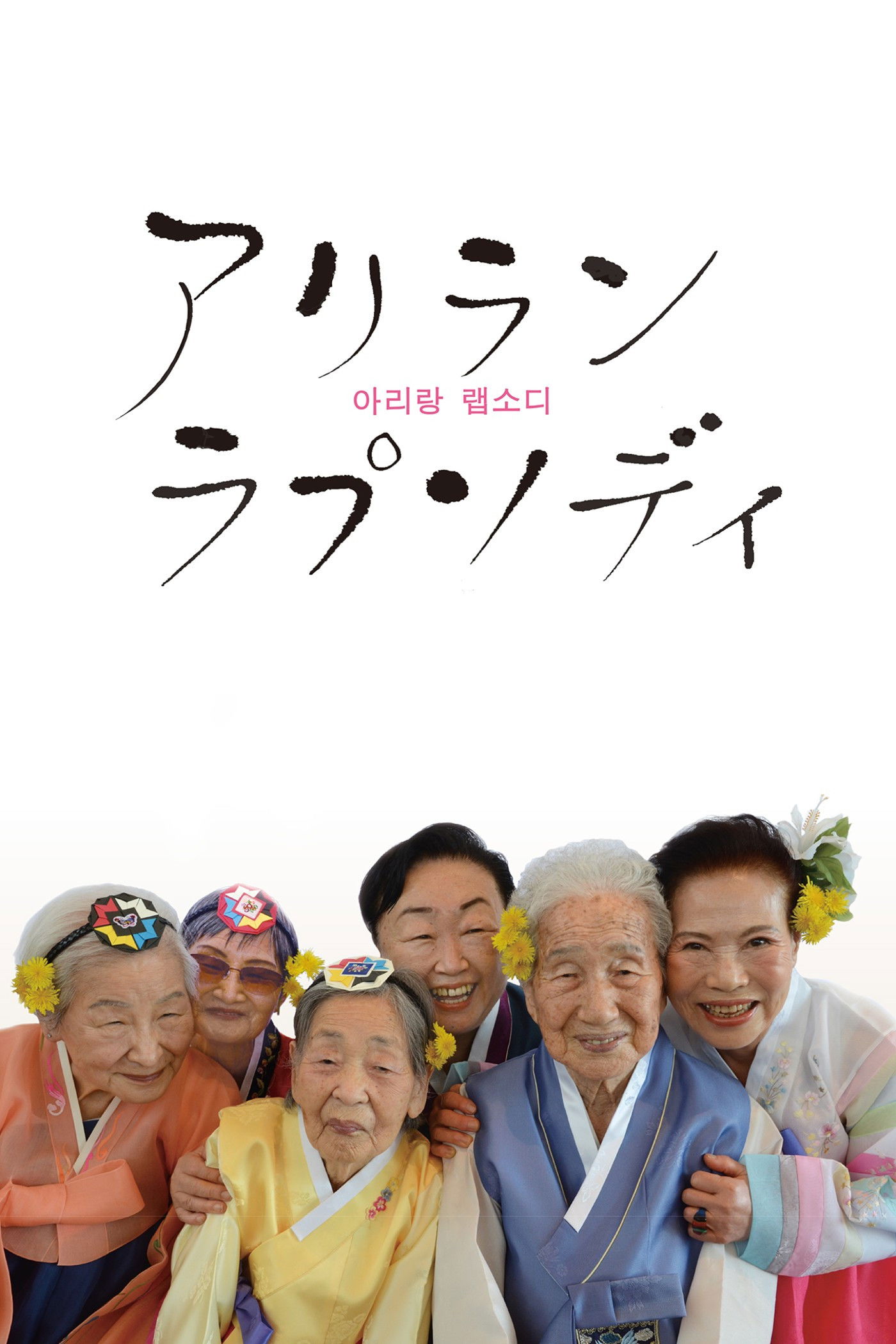
Arirang Rhapsody
Released on: 2024-02-17
Documentary
The protagonists of the film are the Zainichi Korean women living in Kawasaki. They were tossed abou...

One for All, All for One
Released on: 2014-09-18
Documentary
Osaka Korean High School has provided education for the past six decades to the children of pro-Nort...

May•JEJU•Day
Released on: 2021-09-08
Animation, Documentary
Immediately after liberation, an incident called 'Jeju Uprising' took place on Jeju Island, the Hawa...

Memories Showers Seas
Released on: 2025-05-02
Documentary
The late Kim Dong-il, a Jeju April 3 refugee in Japan, left behind over 2,000 crocheted items and pi...
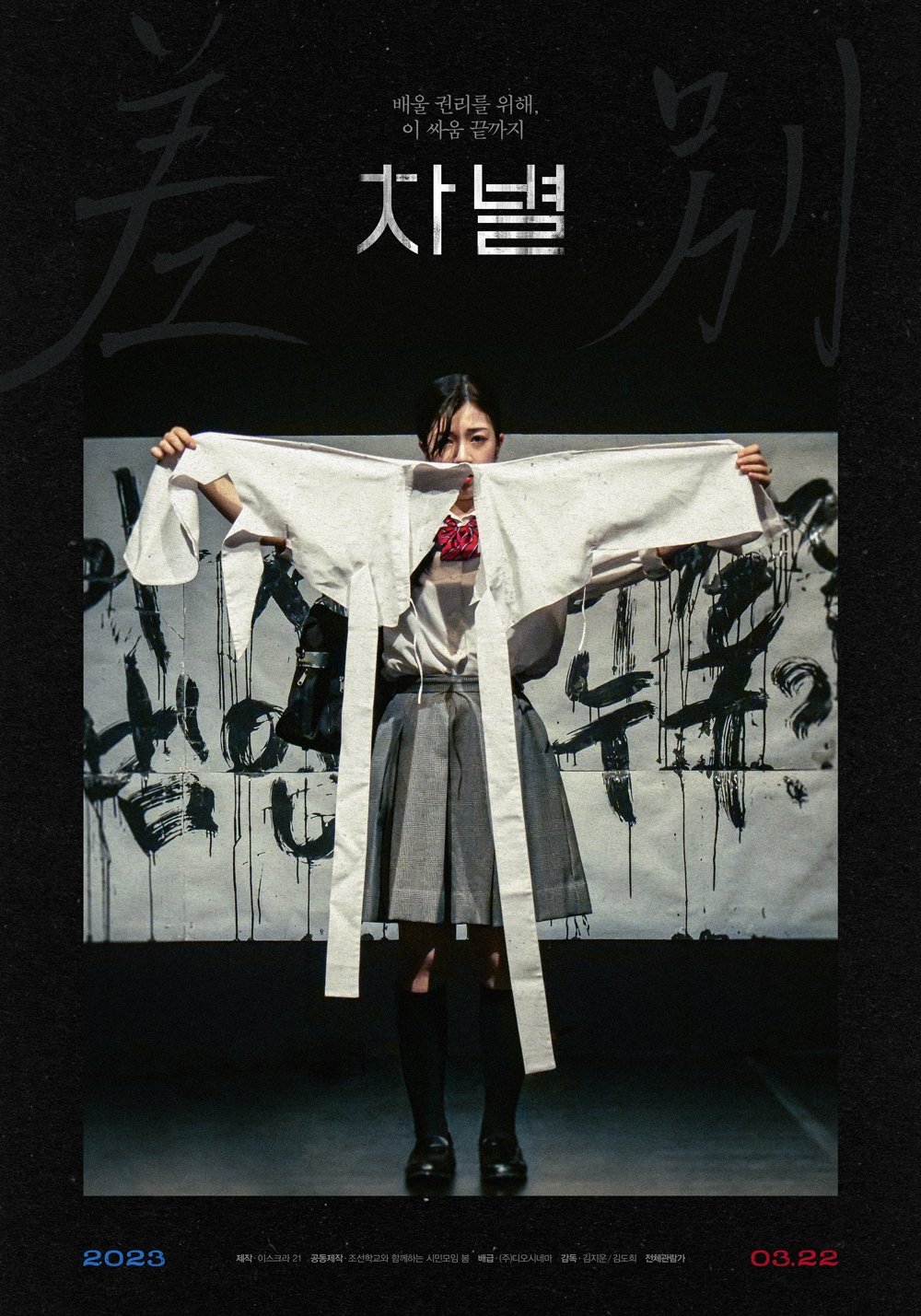
Discrimination
Released on: 2023-03-22
Documentary
Since 2013, Japan has implemented the free high school policy. However, only 10 Chongryon Korean hig...

Jeju Prayer
Released on: 2013-04-03
Documentary
Focusing on Mrs. Kang Sang-hee’s life, she lost her husband in the Jeju Uprising (March 3rd, 1948). ...
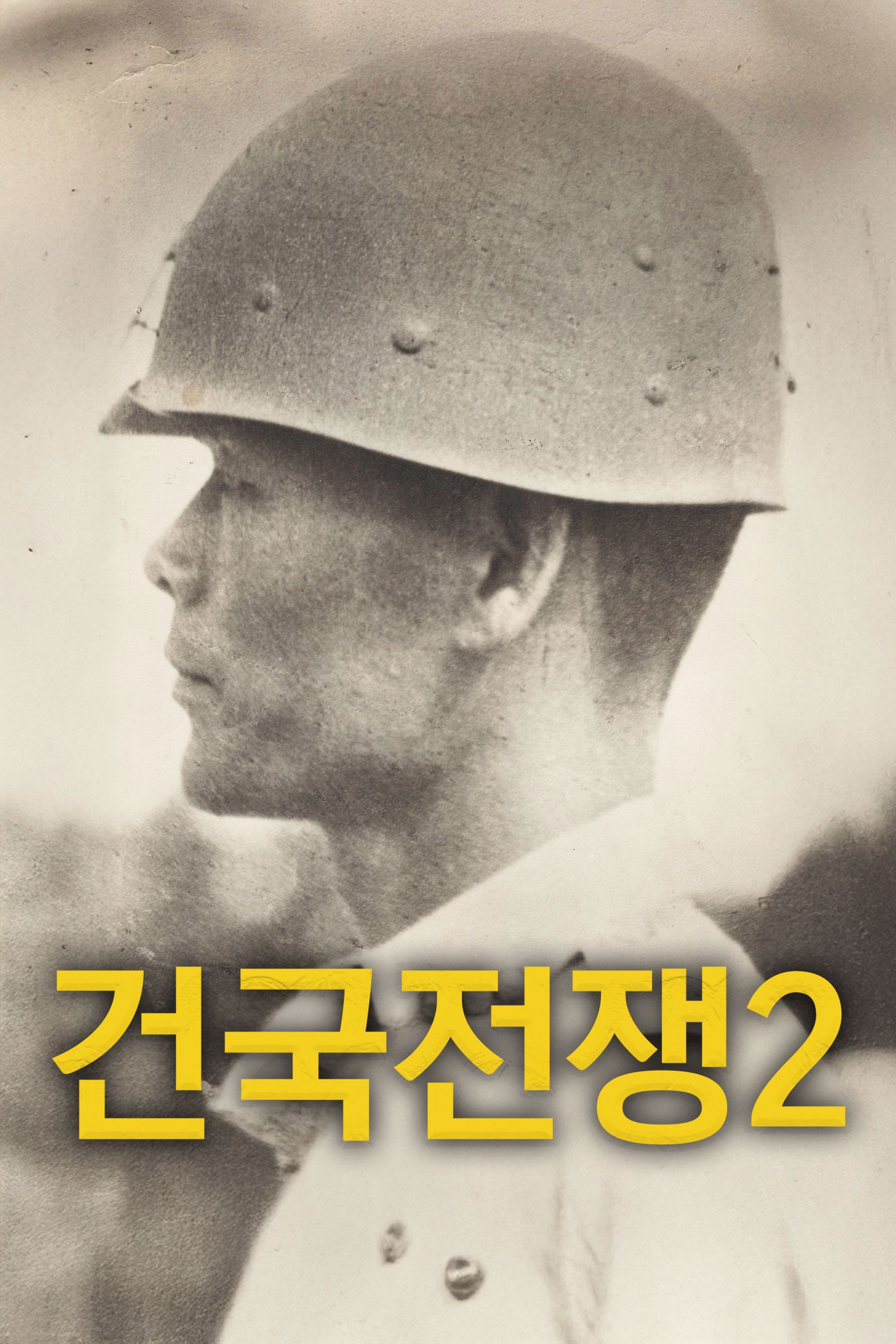
The Birth of Korea 2: Freedom Fighter
Released on: 2025-09-10
Documentary, History
How did South Korea, after liberation in 1945 defend liberal democracy against leftist and communist...

Kokuhatsu Zainichi kankokujin seijihan report
Released on: 1975-11-14
Documentary
Documentary film about the discrimination against zainichi, directed by Yoshihiko Okamoto.
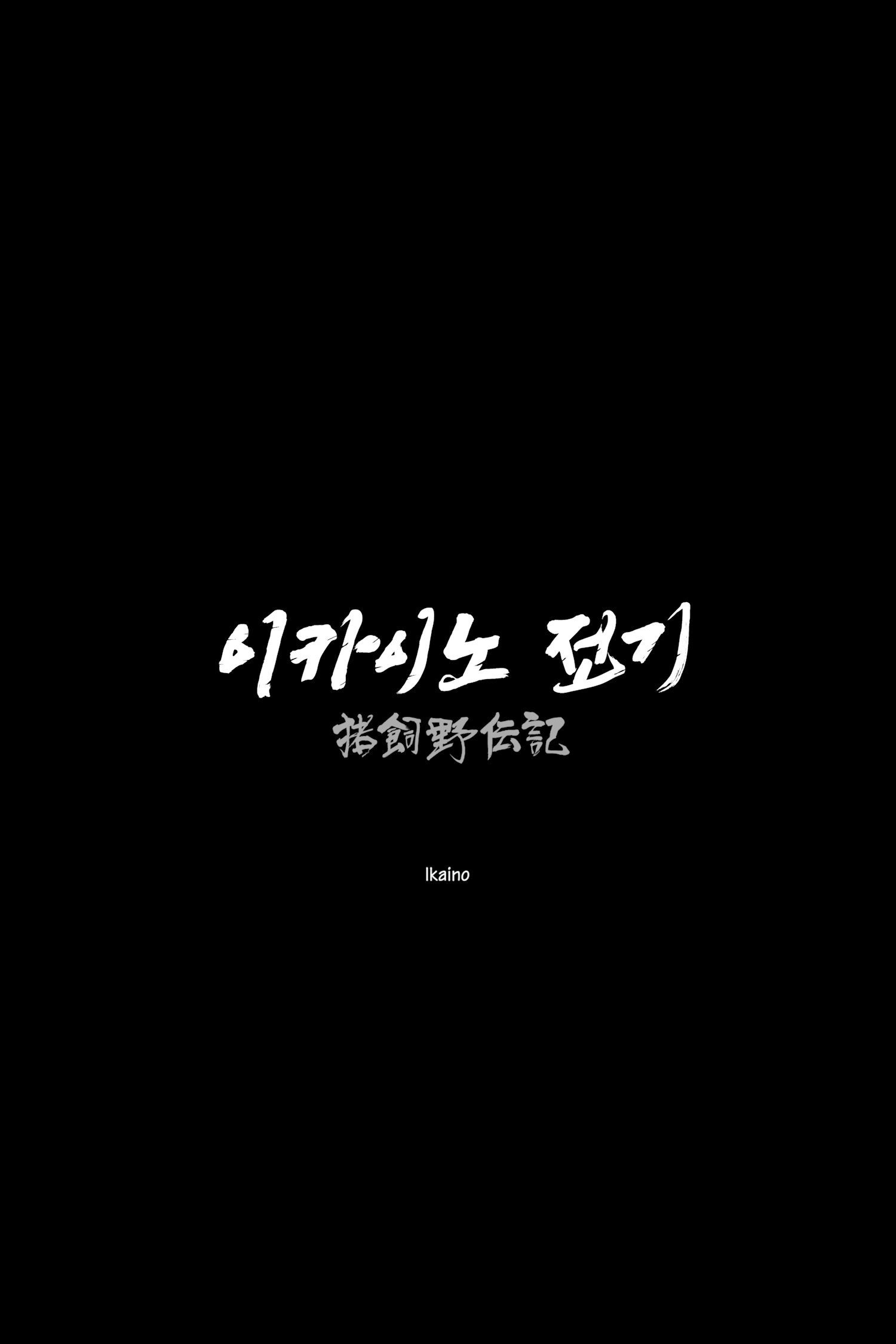
Ikaino
Released on: 2025-09-19
Documentary, History
‘Ikaino’ refers to a neighborhood in Osaka, Japan, home to a large community of Zainichi Koreans. Th...
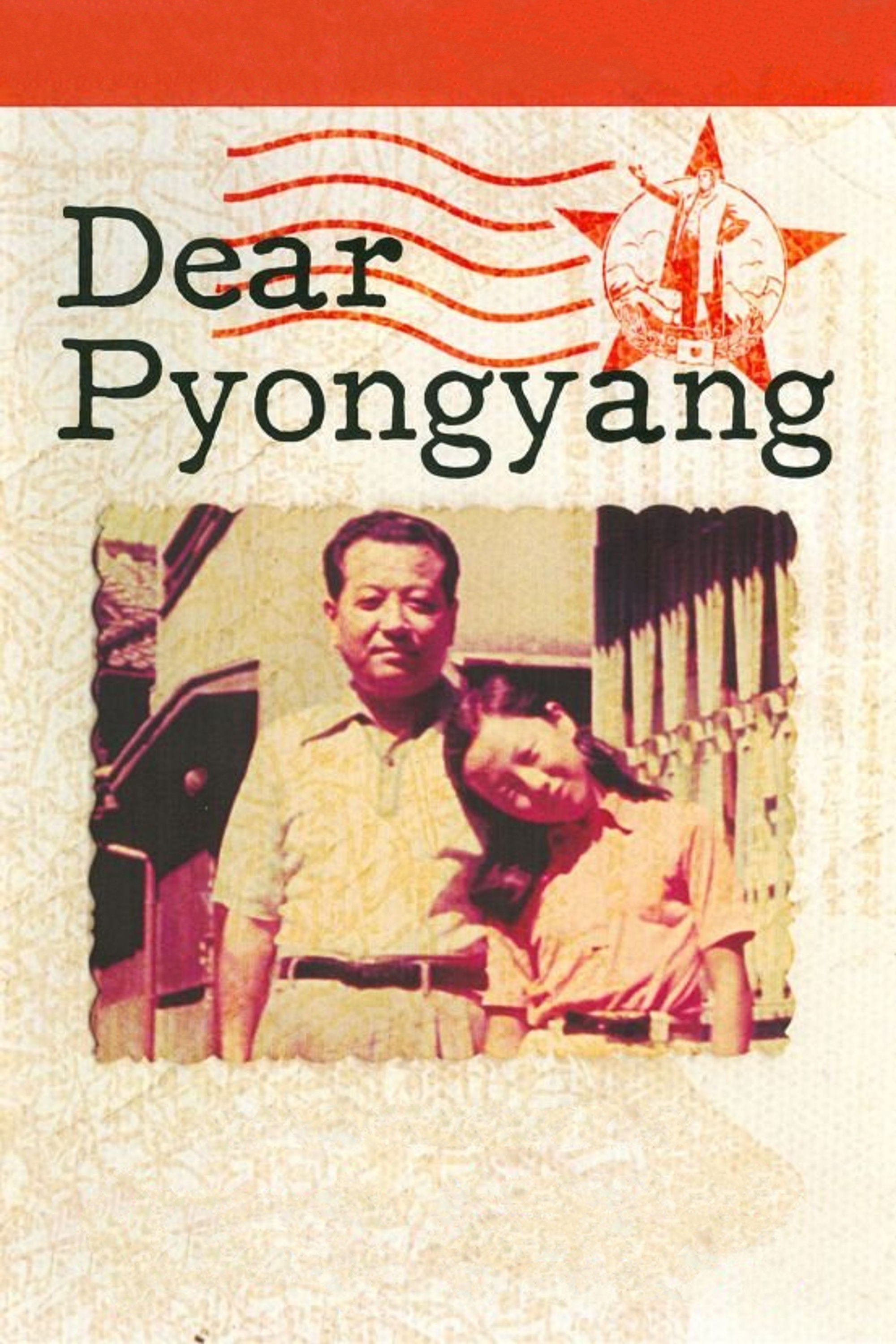
Dear Pyongyang
Released on: 2006-01-23
Documentary
Dear Pyongyang is a documentary film by Zainichi Korean director Yang Yong-hi (Korean: 양영희, Hanja: 梁...
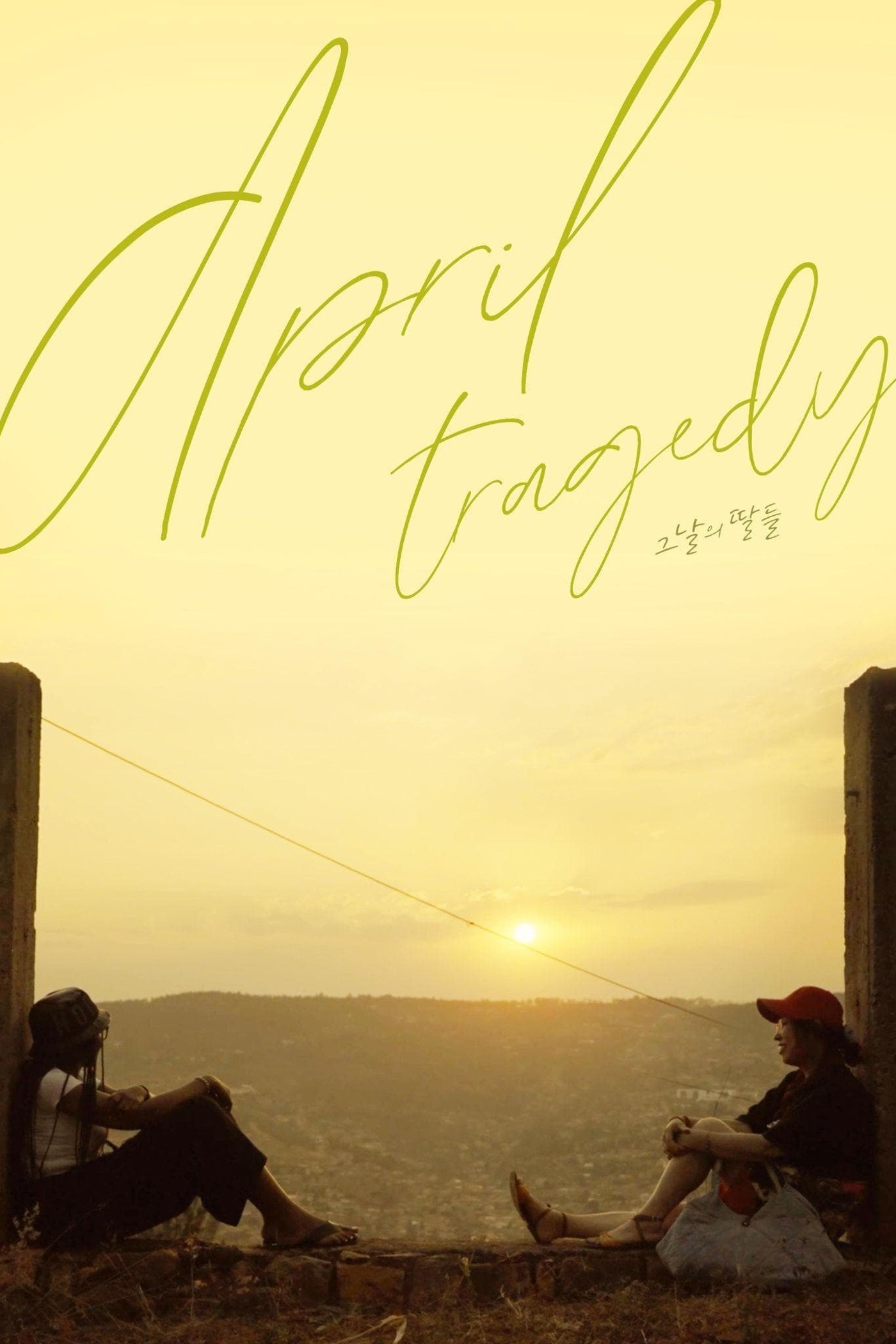
April Tragedy
Released on: 2024-04-03
Documentary
The oral writer of the April 3 Uprising and a Rwandan who came to Korea to study face each other, ha...
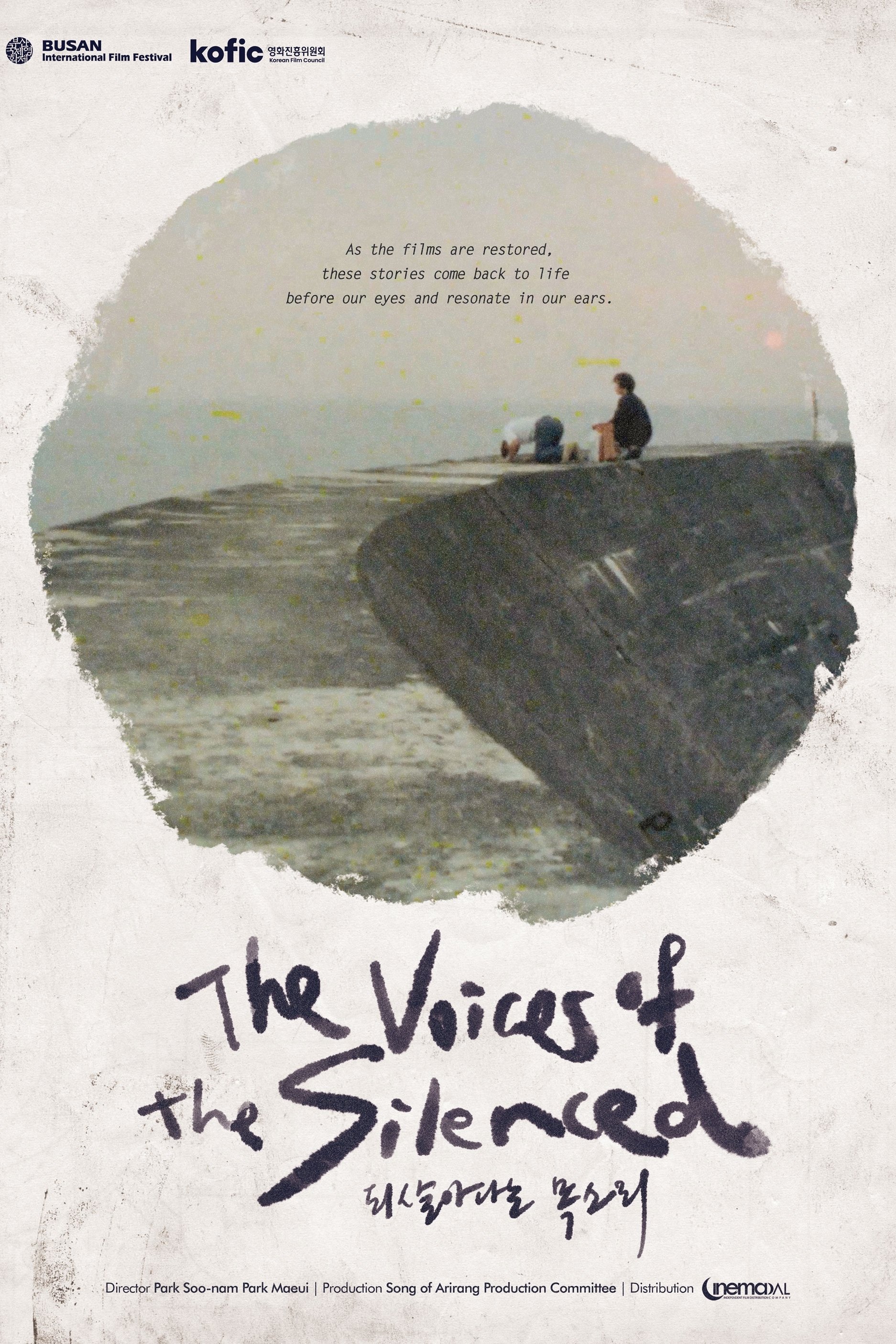
The Voices of the Silenced
Released on: 2024-11-13
Documentary
Director Park Soo-nam, a second-generation Korean resident in Japan who is losing his eyesight, deci...

Strangers on the Field
Released on: 2015-03-19
Documentary
In April 2013, unfamiliar faces appear at the Jamsil Baseball Stadium during the opening matches bet...
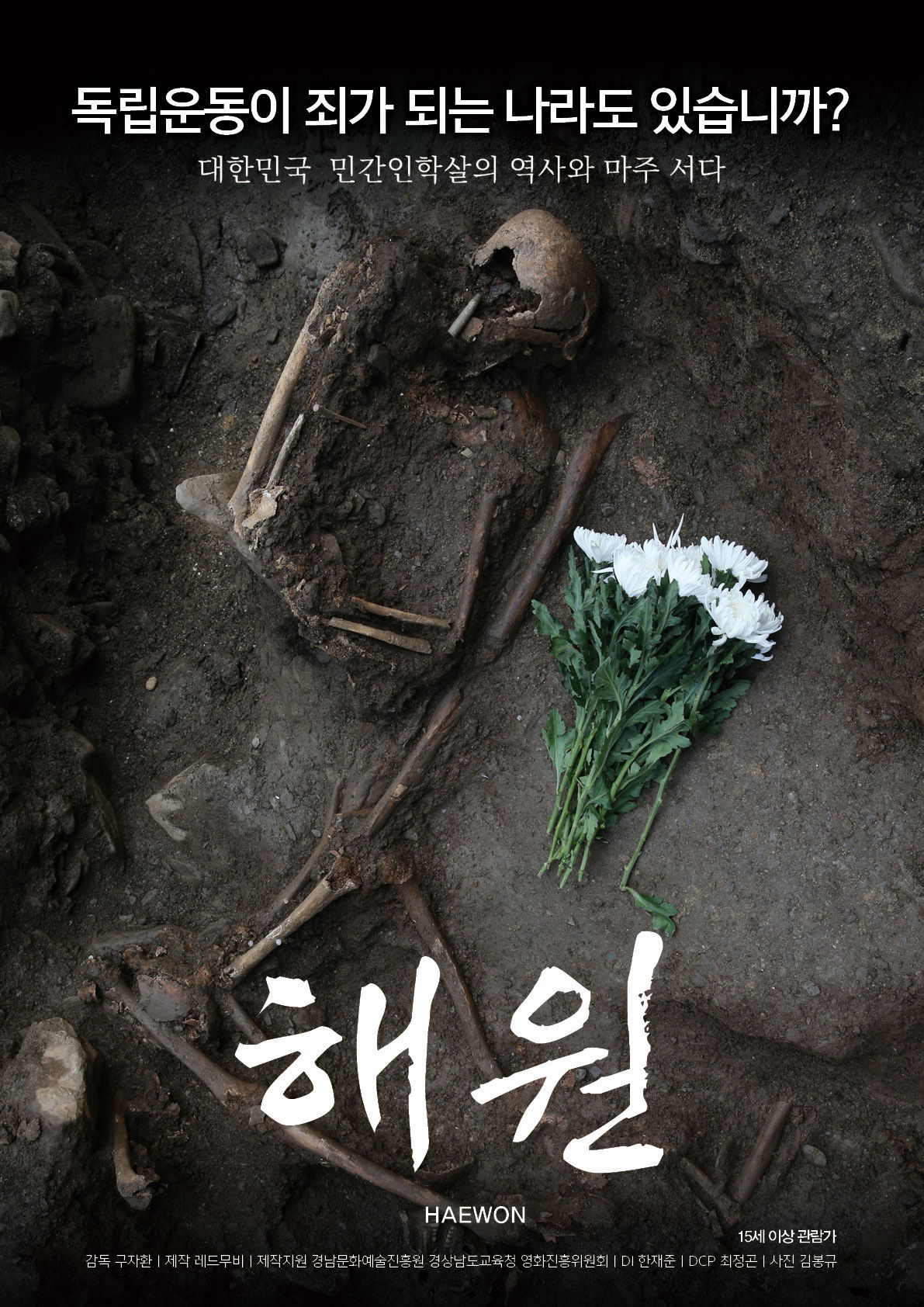
Haewon
Released on: 2018-05-10
Documentary
According to a survey by the U.S. military government in 1946, 78% of the South Korean people wanted...
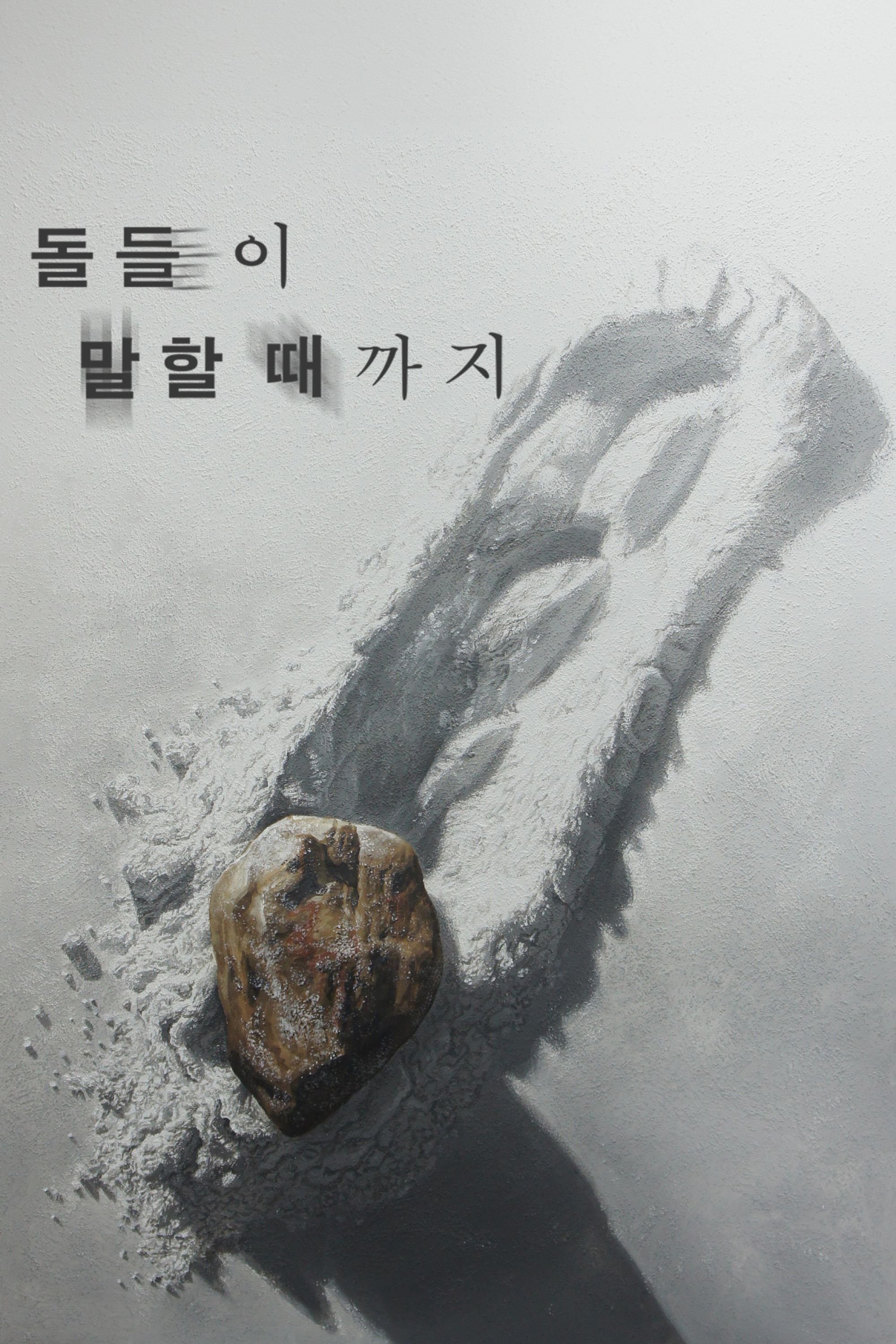
Until the Stones Speak
Released on: 2024-04-17
Documentary
There are five grandmothers, four of whom went to Jeonju Prison due to the Jeju 4.3. All of them wer...

Our School
Released on: 2007-03-29
Documentary
This documentary is about the 3rd and 4th generation Korean residents of Japan who are students of C...

Horoomon
Released on: 2025-05-01
Documentary
One woman. One racist lie. One lawsuit that shook Japan. Korean Japanese entrepreneur Shin Sugok tak...

Reclaiming Our Names
Released on: 1998-09-26
Documentary
Matsuda Shunji, a freshman of Amagasaki High School in Osaka faces a difficult decision regarding th...
